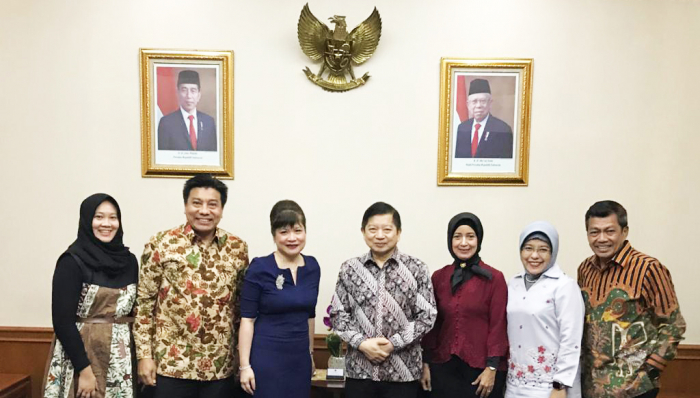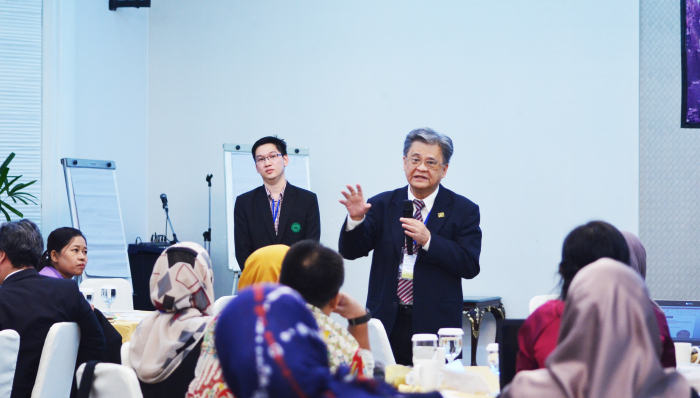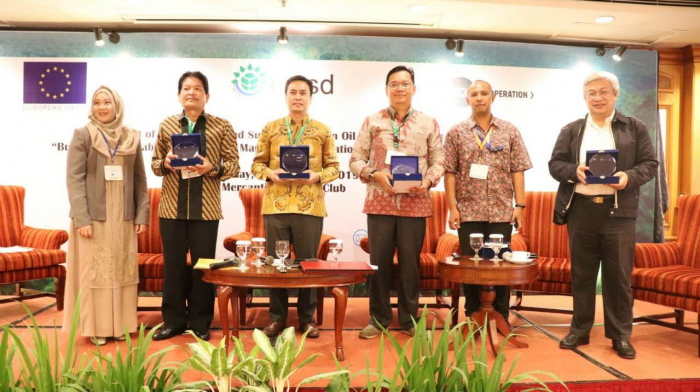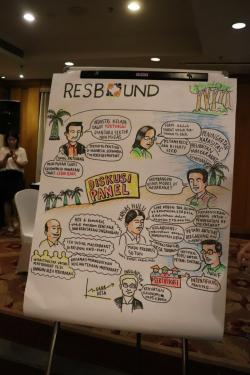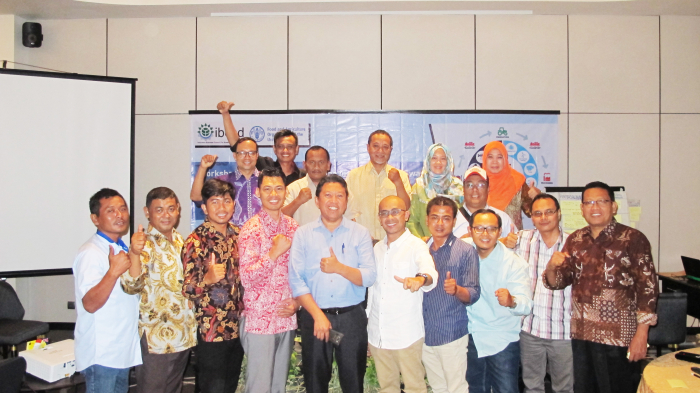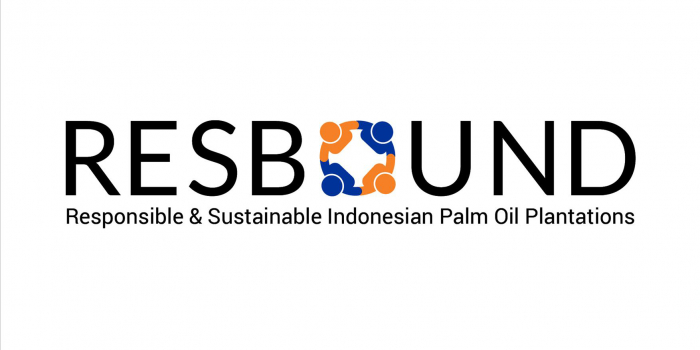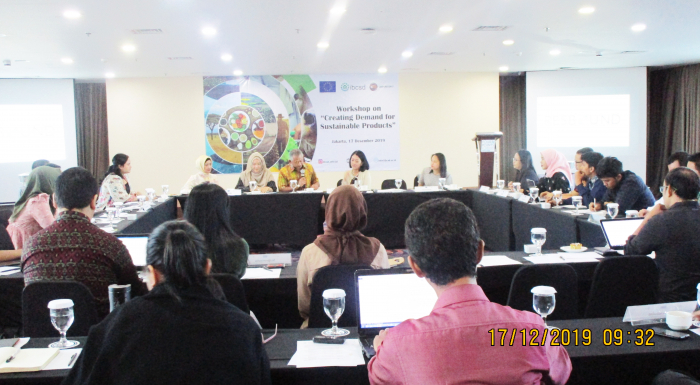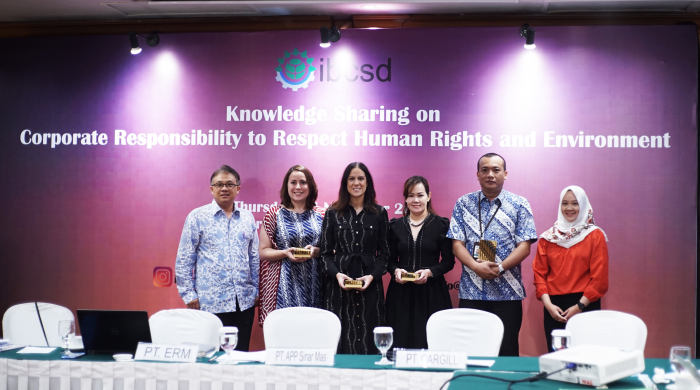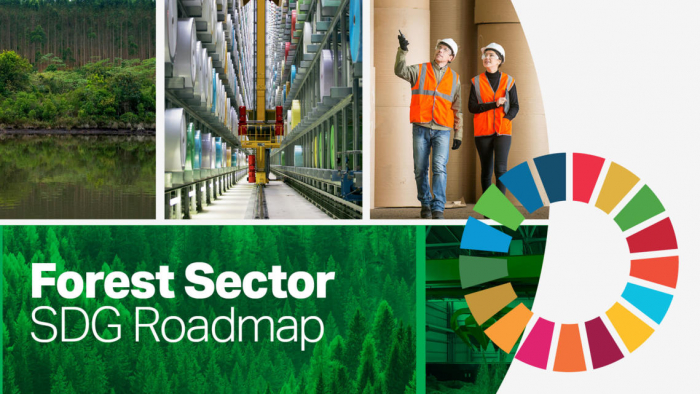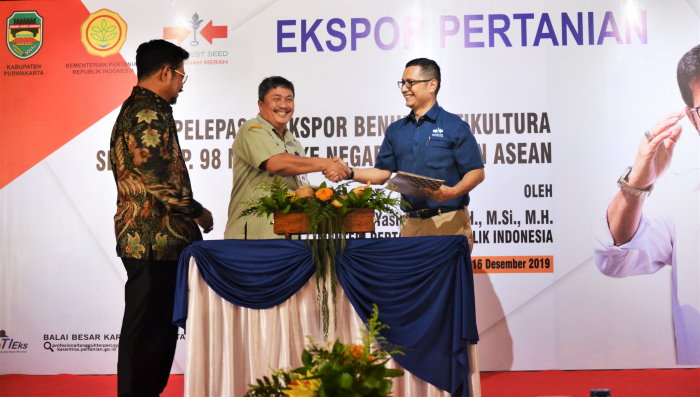
Inauguration of EWINDO Horticulture Seed Export
Minister of Agriculture Syahrul Yasin Limpo appreciated the achievement of IBCSD’s member, Ewindo, exporting 48 billion horticultural seeds in 2019 and hopes that exports will continue to increase to support the Ministry of Agriculture’s Threefold Agricultural Export Movement (GRATIEKS) program. Seeds that have been successfully exported include: pumpkin, bitter melon, long beans, cucumbers, squash, water pumpkin, chili, watermelon, spinach, eggplant, beans, kale, melon, sweet corn, red onion, tomatoes, lettuce and cauliflower. Meanwhile, until the end of 2020 Ewindo targets horticultural seed exports to reach Rp98 billion to Asian countries such as India, Japan, Hong Kong, Sri Lanka, Bangladesh, Pakistan and ASEAN countries such as Thailand, the Philippines, Malaysia, Myanmar and Vietnam.
